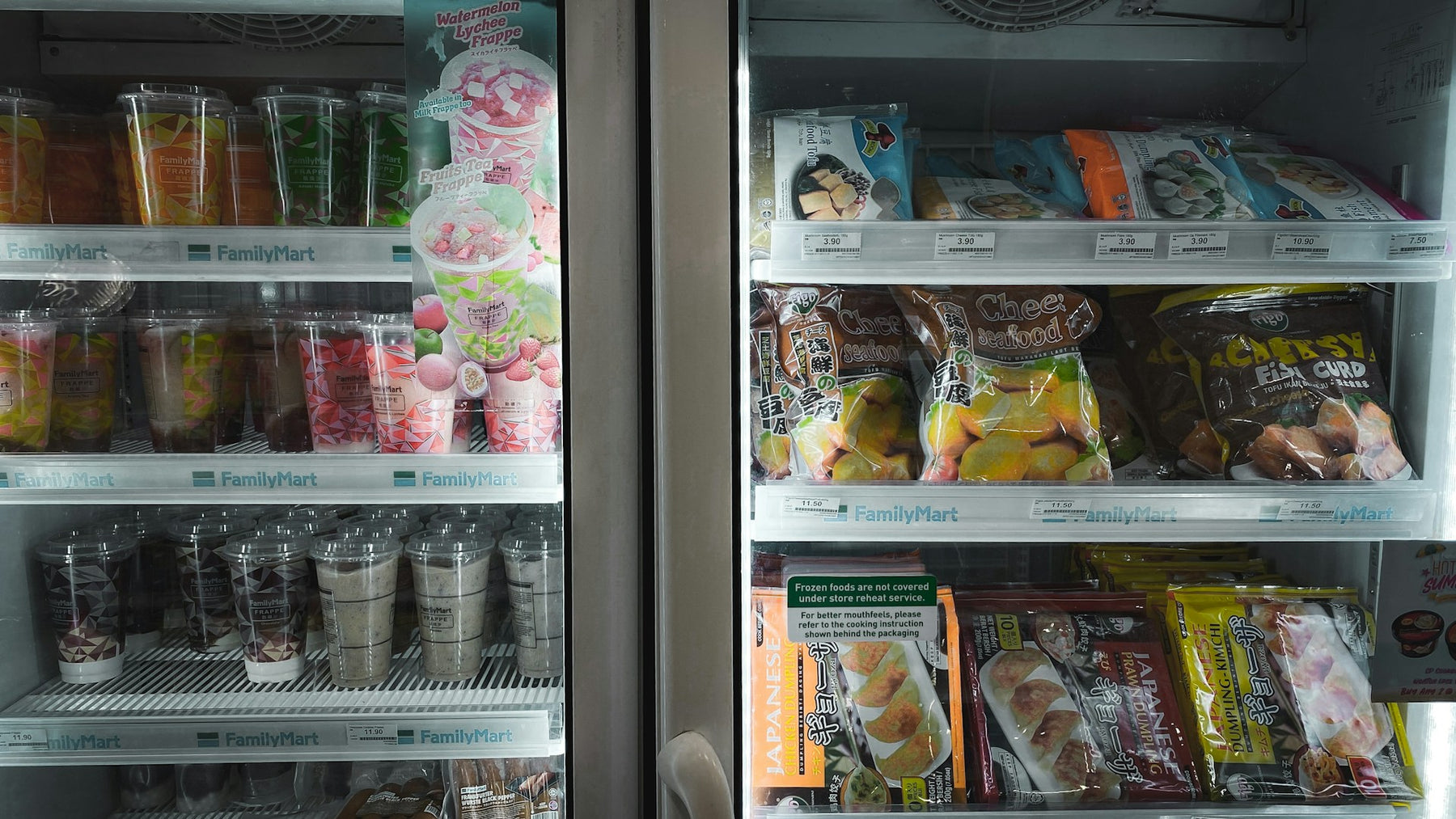
Revolutionising Food Storage: The Future of Commercial Refrigeration Technology
Commercial refrigeration has come a long way since the first installations of ice houses and mechanical refrigerators, guiding us into an era of sophisticated, efficient, and eco-friendly solutions that have transformed the way we store and preserve perishable goods. As technology advances, the commercial refrigeration landscape is set for further innovations poised to revolutionise food storage and enhance the operational efficiency of businesses across Australia.
In this article, we delve into the exciting future of commercial refrigeration technology, exploring breakthrough developments and innovations that will reshape the way perishable goods are preserved while considering the implications of these advancements for business owners. By staying informed of these emerging trends, you'll be better equipped to make informed decisions on adopting new technologies that can boost your business's performance and reduce energy costs, ultimately leading to increased profitability and enhanced customer satisfaction.
Join us as we explore the transformative potential of these pioneering refrigeration technologies and their implications for the future of food storage in commercial establishments. By understanding the advancements on the horizon, you can position your business to take advantage of these innovations and adopt state-of-the-art refrigeration solutions that ensure success and sustainability for years to come.
1. Advanced Refrigeration Controls for Enhanced Efficiency
The modernisation of refrigeration controls is pivotal in the evolution of commercial refrigeration technology. With the introduction of advanced control systems, businesses can now more accurately manage their refrigeration units, resulting in increased efficiency, cost savings, and more precise temperature controls. Key advancements in refrigeration controls include:
- Smart Controls: Utilising microprocessor-based smart controllers enables superior temperature regulation and minimises energy consumption, streamlining the overall operation of your refrigeration systems.
- Remote Monitoring: Advanced control systems now allow for remote monitoring and control of refrigeration units, enabling you to access real-time information and adjust equipment settings from almost anywhere.
2. Energy-Efficient Refrigerants: Going Green
The refrigeration industry is gradually transitioning towards the use of more eco-friendly refrigerants in response to increasing environmental concerns and stringent regulations. These next-generation refrigerants boast lower Global Warming Potential (GWP) scores, greatly reducing the environmental impact of refrigeration systems. Some of these energy-efficient alternatives include:
- Hydrofluoroolefins (HFOs): As a more sustainable substitute to conventional hydrofluorocarbons (HFCs), HFOs exhibit a significantly lower GWP without compromising performance or safety.
- Natural Refrigerants: Natural refrigerants, such as ammonia, carbon dioxide, or propane, are gaining popularity in commercial refrigeration applications due to their minimal environmental impact and excellent thermodynamic properties.
3. Embracing the Internet of Things (IoT) in Commercial Refrigeration
IoT technology has the potential to revolutionise the way commercial refrigeration systems are managed and monitored. With IoT integration, businesses can access comprehensive data on their refrigeration equipment, enabling better decision-making and more streamlined operational processes. Key benefits of integrating IoT into your commercial refrigeration systems include:
- Predictive Maintenance: IoT-enabled refrigeration systems provide valuable data that can predict maintenance needs, ensuring timely repairs and reducing system downtime.
- Energy Management Analytics: Real-time energy consumption data can be collected and analysed to identify patterns and areas for improvement, ultimately leading to more energy-efficient refrigeration practices.
4. Solar-Powered Refrigeration: Sustainable and Cost-Effective
As the call for sustainable, renewable energy use in commercial industries grows ever stronger, solar-powered refrigeration solutions are emerging as a promising alternative. Harnessing the sun's power to operate refrigeration systems offers a more eco-friendly, cost-effective method of preserving perishable goods. Innovative solar-powered refrigeration options include:
- Photovoltaic Panels: With the installation of photovoltaic panels, businesses can generate electricity from sunlight, reducing the demand on the grid and lowering energy costs.
- Solar Thermal Refrigeration: Solar thermal refrigeration systems rely on thermoelectric modules or absorption cooling cycles to convert solar energy into cooling power, offering a more environmentally friendly alternative to traditional refrigeration methods.
Embracing the Future of Commercial Refrigeration Technology
The future of commercial refrigeration technology is bright, with groundbreaking innovations and advancements poised to redefine the way we store and preserve perishable goods. The integration of advanced refrigeration controls, energy-efficient refrigerants, IoT capabilities, and solar-powered solutions heralds a new era in refrigeration efficiency and sustainability.
By staying informed of these emerging trends, businesses can make educated decisions on the adoption of next-generation refrigeration solutions to reduce energy costs, streamline operations, and champion environmentally friendly practices.
If you're eager to incorporate the latest advancements in commercial refrigeration technology into your business, we at Refrigeration Experts are here to help you navigate this evolving landscape. Our team of skilled professionals can provide expert advice and guidance on adopting the most innovative, cost-effective commercial fridge technologies, ensuring lasting success and sustainability for your business. Don't get left behind in the refrigeration revolution—reach out to us today to stay ahead of the curve and reap the rewards of the future of commercial refrigeration.
